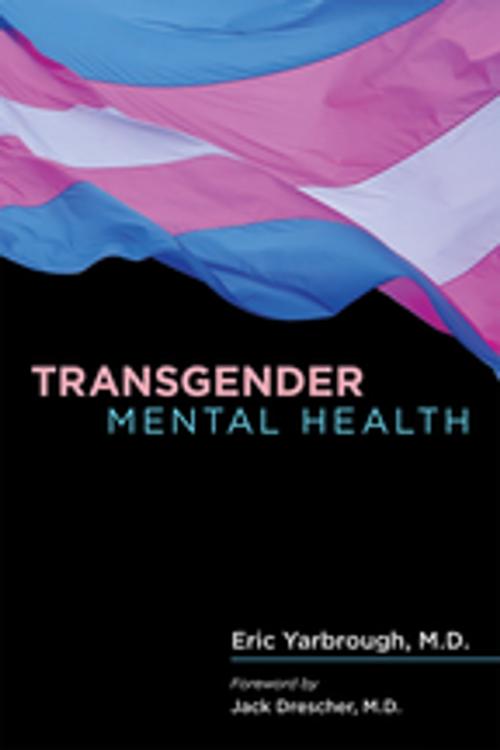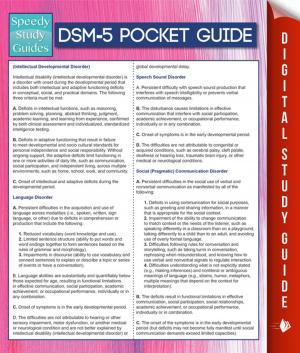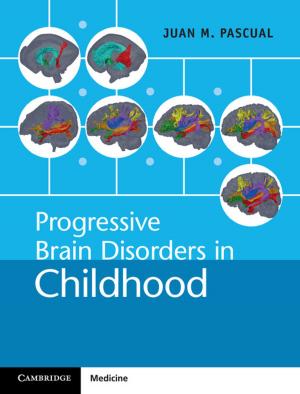| Author: | Eric Yarbrough, MD | ISBN: | 9781615371891 |
| Publisher: | American Psychiatric Association Publishing | Publication: | March 8, 2018 |
| Imprint: | American Psychiatric Association Publishing | Language: | English |
| Author: | Eric Yarbrough, MD |
| ISBN: | 9781615371891 |
| Publisher: | American Psychiatric Association Publishing |
| Publication: | March 8, 2018 |
| Imprint: | American Psychiatric Association Publishing |
| Language: | English |
Societal awareness of transgender and gender-nonconforming (TGNC) individuals is greater now than at any point in history, owing to the education of policy makers by advocacy organizations, the education of clinicians by research and scientific organizations, and the education of the general public by movies, television, and other media. However, most professional training programs for mental health professionals provide little to no education regarding gender diversity.
Transgender Mental Health squarely addresses this deficit. This guide forgoes clinical jargon in favor of accessible, straightforward language designed to educate clinicians on how to address the basic needs of the TGNC community, thus increasing access to mental health care for TGNC individuals, which has been sorely lacking to this point.
Rich in cases drawn from real clinical experience, the guide is organized into four sections. The first section includes a discussion of the gender spectrum and offers a history of the TGNC experience. This section also covers advocacy, particularly letter writing for gender marker changes and gender-affirming surgeries. The second section is dedicated to mental health factors in TGNC care and examines sex and sexuality, support systems, and transitioning and detransitioning. The third of the guide's sections addresses general physical health with TGNC individuals, including masculinizing and feminizing hormones, with an eye toward preparing practitioners to address the social, psychological, and physical needs of their patients. The final section discusses all major gender-affirming surgical procedures, as well as nonsurgical interventions.
Each chapter includes summarizing key points and review questions at the end that not only test the reader's comprehension of the material but also provide additional information on the complicated political, social, and cultural barriers that many TGNC individuals experience as they attempt to secure adequate care.
Relevant for a range of mental health professionals, including psychiatrists, psychiatric nurse practitioners, psychologists, social workers, family therapists, and school counselors, Transgender Mental Health is a simple yet thorough primer on the complex topic of gender diversity.
Societal awareness of transgender and gender-nonconforming (TGNC) individuals is greater now than at any point in history, owing to the education of policy makers by advocacy organizations, the education of clinicians by research and scientific organizations, and the education of the general public by movies, television, and other media. However, most professional training programs for mental health professionals provide little to no education regarding gender diversity.
Transgender Mental Health squarely addresses this deficit. This guide forgoes clinical jargon in favor of accessible, straightforward language designed to educate clinicians on how to address the basic needs of the TGNC community, thus increasing access to mental health care for TGNC individuals, which has been sorely lacking to this point.
Rich in cases drawn from real clinical experience, the guide is organized into four sections. The first section includes a discussion of the gender spectrum and offers a history of the TGNC experience. This section also covers advocacy, particularly letter writing for gender marker changes and gender-affirming surgeries. The second section is dedicated to mental health factors in TGNC care and examines sex and sexuality, support systems, and transitioning and detransitioning. The third of the guide's sections addresses general physical health with TGNC individuals, including masculinizing and feminizing hormones, with an eye toward preparing practitioners to address the social, psychological, and physical needs of their patients. The final section discusses all major gender-affirming surgical procedures, as well as nonsurgical interventions.
Each chapter includes summarizing key points and review questions at the end that not only test the reader's comprehension of the material but also provide additional information on the complicated political, social, and cultural barriers that many TGNC individuals experience as they attempt to secure adequate care.
Relevant for a range of mental health professionals, including psychiatrists, psychiatric nurse practitioners, psychologists, social workers, family therapists, and school counselors, Transgender Mental Health is a simple yet thorough primer on the complex topic of gender diversity.















